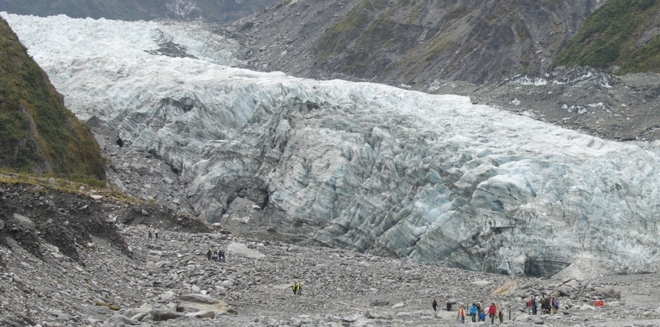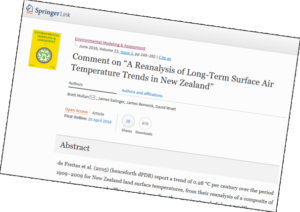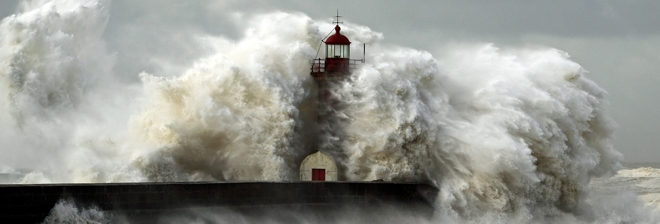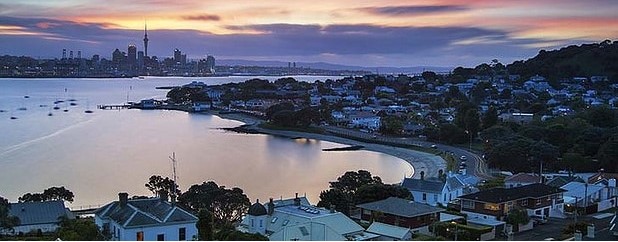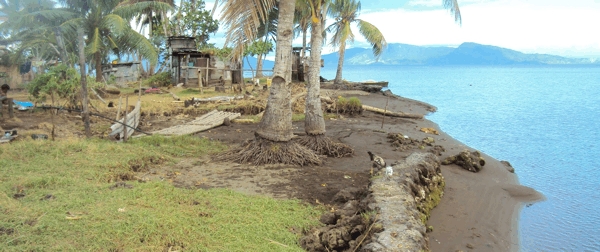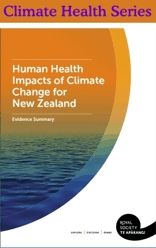It’s not possible even to keep track of the alarmist stories about climate, far less to refute them all. But when one is personally cited close to home and statements are wrongfully attributed to one, one ought to address them. This Laking/Herald howler is a case in point. Laking has taken his information from the Hot Topic side of the tracks without verification, not knowing the distortions of Renowden and friends (no matter how often corrected) and must now suffer the consequences; the formerly revered Herald similarly. My good friend Barry Brill here humorously draws our attention to the doctor’s faux pas. Regular readers will know that Richard C and Andy already mentioned the Herald article in comments on our Brash post. Thanks, guys. Apologies – one is only just getting around to it – but a refuting post will follow this. – RT
— by Barry Brill, Chairman of the New Zealand Climate Science Coalition
The NZ Herald runs climate alarm propaganda in every shape and size, and from every imaginable point of view. But it was scraping the barrel with its recent patronising but content-free sermon from a certain George Laking – presented on its weather page under the heading of “Epsom and climate change”.
Laking is apparently an oncologist. He transparently knows nothing whatever of meteorology, and even less about economics – and therefore relies upon a quote from an IEA economist to define the state of the science. He then buttresses his scientific bombast with other strongly-held opinions from non-scientists – the World Bank, UK Ministry of Defence, the Medical Association, and the World Health Organisation.
Each one of his sources has heard a real scientist say something, somewhere, about climate science. And they are almost sure they can remember part of what was said. But, says George, global warming isn’t about science anyhow, it’s about MORALITY!
If you want to know how morality works, ask a cancer doctor. George has seen what tobacco sellers got up to and he wouldn’t be a bit surprised if climate sellers weren’t just as bad.
And it turns out George’s medical training also left him well-versed in the need to manipulate raw data to get the result you are after. He says:
“If you take the raw temperature recordings alone (like ACT or… Richard Treadgold did), you won’t see a temperature rise. But that is because the readings have to be corrected for changes in site location, exposure, and instrumentation. Treadgold overlooked this and so ACT constructed a whole court case on the most abysmal scientific howler.”
Hmm. George obviously doesn’t read very much in pursuit of his climate hobby. He certainly doesn’t express any methodological preferences as between Salinger (1981) and RS93; or even NIWA’s 2010 review versus the audit published by the NZ Climate Science Coalition. He doesn’t even differentiate between the old 7SS and the NZT7.
Poor George seems to think Richard Treadgold is helping ACT to sue somebody in Epsom. Perhaps the teacup taper?
Does the Herald read these Op-Eds before publication, or is a burning zeal to hurl abuse at non-believers seen to be a sufficient qualification?
Views: 36


 Essay 3: Climate-wise, we are the champions!
Essay 3: Climate-wise, we are the champions!